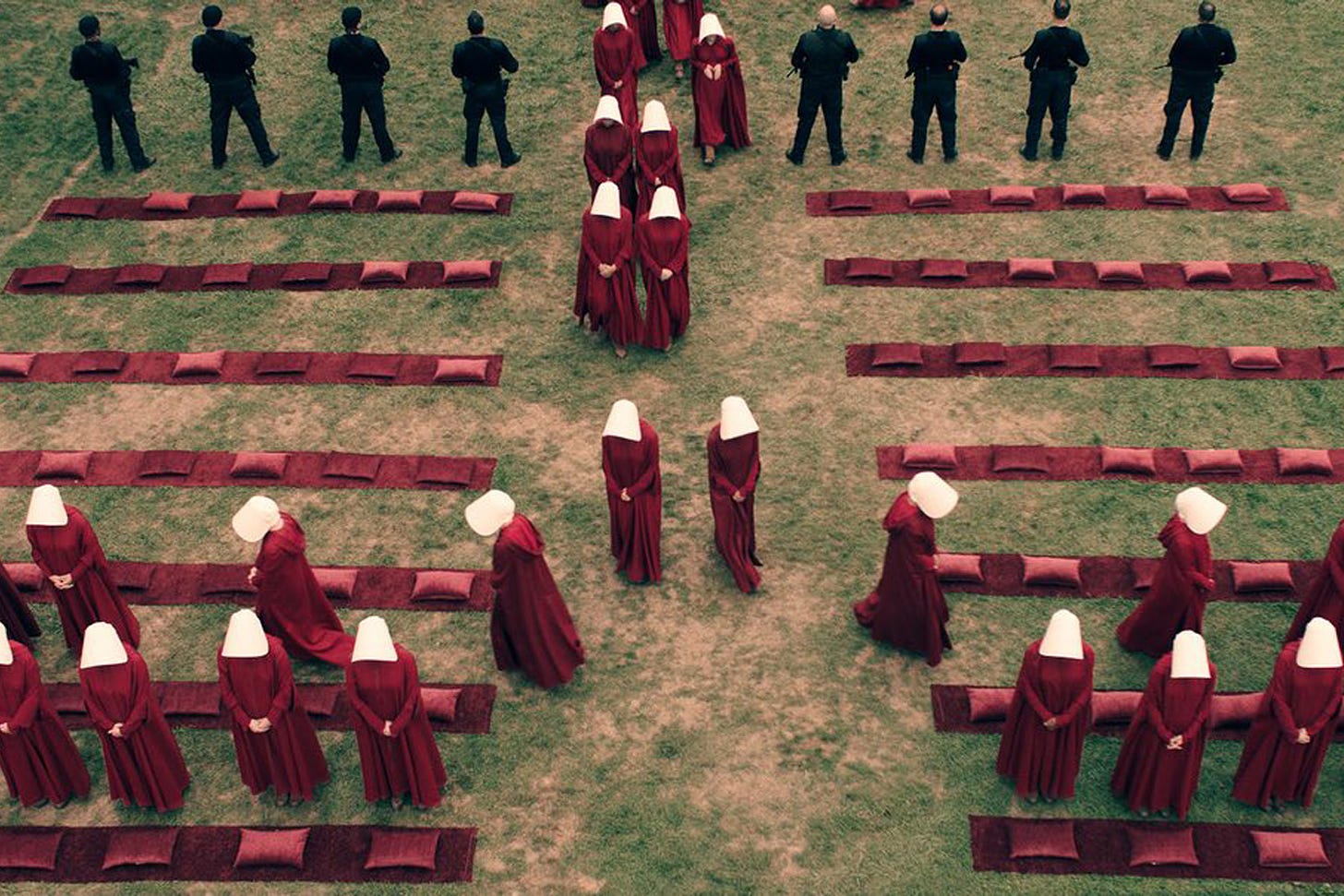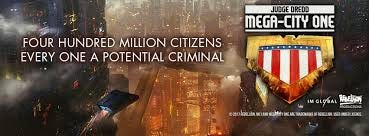Dystopia: an imagined place or state in which everything is unpleasant or bad, typically a totalitarian or environmentally degraded one
This is the accepted definition of a Dystopia, one writers and readers alike have embraced. However, since dystopia has become such a popular genre thanks to the YA explosions of the Hunger Games and Divergent, as well as older staples like 1984 and The Handmaiden’s Tale, it’s important to have a discussion on why the accepted definition is wrong, or at least why it should be.
In order for a dystopian society, or more specifically, the characters living within that dystopia, to be believable, there must be upsides. Why is the common citizen, and possibly your protagonist, delighted to live in this society, at least initially? Of course we can blame it on indoctrination. We saw that approach in The Giver. We can blame it on military might as in The Hunger Games or a secretive police faction that makes dissenters disappear, as in 1984 or the film Equilibrium.
The best dystopias, however, should have at least one aspect that is genuinely good—something to which the True Believers cling. We as humans have mastered the art of justification, and your dystopian society should reflect this. Why would several hundred million citizens of a country find dystopian behavior acceptable, or even preferable?
The answer is they are able to point to the benefits of their society—the absence of poverty and unemployment, the security of no crime or terrorism, the notable lack of inter-community dissent that arises in diverse areas. Such benefits—these comforts—make it easy to ignore the horrors going on just out of sight.
Sadly, many authors of dystopian fiction either ignore the calming salve of the masses or throw out something silly. In Judge Dredd, what is the upside of their dystopian world? The lack of legal red tape and some pretty impressive robotic technology. That’s it. Granted, like most comics and graphic novels, Judge Dredd is more character-driven, but the world is important, and the lack of upside to Mega-City One makes it seem more like post-apocalyptic fiction than dystopian. It’s a fine line, but one that matters.
Post-apocalyptic fiction and dystopia go hand in hand—the world as we know it ends in some kind of apocalypse, and the dystopian society is what rises from the ashes, bringing order. Writing about eking out survival in a post-apocalyptic wasteland requires no upside, but an effective dystopia does.
Creating any realistic world ultimately relies on the realization that one person’s hell is another’s heaven.
The dystopia you are writing about is someone’s idea of utopia—that’s why the current establishment was put into place. The good people of London in Alan Moore’s V for Vendetta wanted a world without fear, and Norsefire gave it to them:
“Fear got the best of you, and in your panic you turned to the now high chancellor, Adam Sutler. He promised you order, he promised you peace, and all he demanded in return was your silent, obedient consent.”
The strength of V for Vendetta was in the understanding of the common citizen who put this power structure in place and was happy to leave it there; they were happy to feel threatened by their government, so long as the government kept them safe from ‘the other.’
So while you construct your new world order and the protagonist who seeks to dismantle it, do not leave out the motivations of the common man. What do they like about it? What do they tell themselves when they see their neighbors snatched off the streets, never to be seen again? How will they react when the system comes tumbling down. Yes, many of them will be relieved, but it is not realistic to imagine all of them will.





